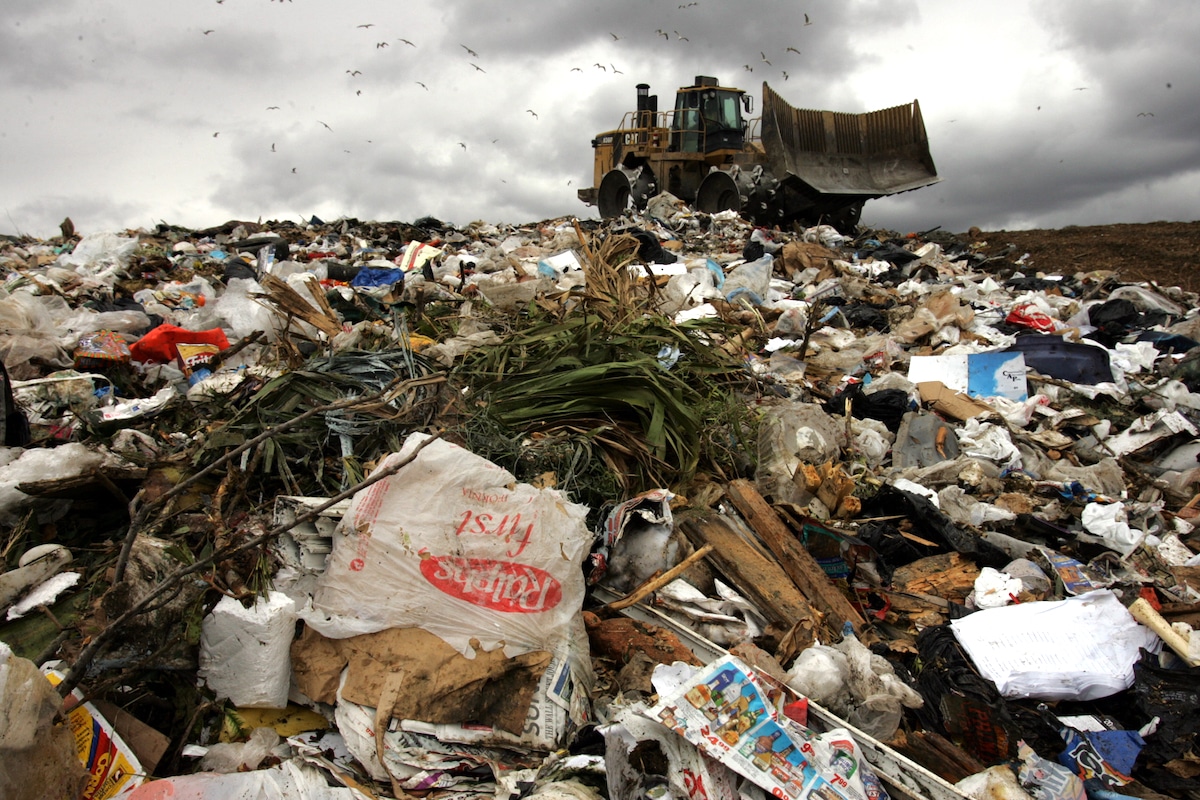

It happens to everyone — the holidays roll around, and your great aunt, your co-worker, or your second cousin gets you a gift that is thoughtful, but not quite your style. Even with the tags intact and the packaging in good shape, that gift may not go back to sit on a store shelf after you’ve returned it. Instead, many gift returns end up in a landfill.
Last year, the National Retail Federation forecasted that in 2021, retail sales in the U.S. would exceed $4.4 trillion. With the pandemic raging on, many people spent more time shopping online, perhaps trying to achieve an Insta-worthy kitchen or to try out trendy new fashions for which they saw targeted ads. Holiday shopping ramped up, too, as people rushed to buy in fear of delayed shipping or supply chain issues.
But much of those purchases were returned. Hitendra Chaturvedi, a supply chain management expert and professor at Arizona State University estimated that returns for 2021 would reach around $500 billion, even higher than the National Retail Federation’s findings from 2020 that returns reached $428 billion. Chaturvedi also told NPR reporter Alina Selyukh that many returns likely go to landfills.
That’s not always the case. Some clothing retailers, particularly higher end clothing shops, may dry clean and resell returned items. Electronics may be clearanced and sold at a special “open box” or “used” price, as is the case at many major retailers like Best Buy and Amazon. But even so, many returns are tossed out.
As reported by NPR, retailers are estimated to throw away about 25% of returns. In 2020, returns solutions company Optoro said returns likely led to about 5.8 billion pounds of landfill waste in just one year. As if those returns going to the trash wasn’t enough, the shipping of those returns also contributed to 16 million metric tons of carbon dioxide emissions.
But alternative options for retailers are growing. Companies may try to resell returns on their own or work with returns solutions companies to help resell these goods. They may end up at a discount retailer, or items can be sent to thrift shops or donated. Sometimes, returned goods are sent abroad, racking up more emissions. If they don’t find use abroad, they are trashed or burned.
If you have a pile of unwanted holiday gifts waiting to be returned, you might consider some creative alternatives instead. Donate the items, or invite friends, family, or neighbors to a gift swapping party.
And for the future, consider purchasing secondhand gifts to lessen the impact, and make sure your loved ones know you prefer to receive pre-loved items, too.

 233k
233k  41k
41k  Subscribe
Subscribe 